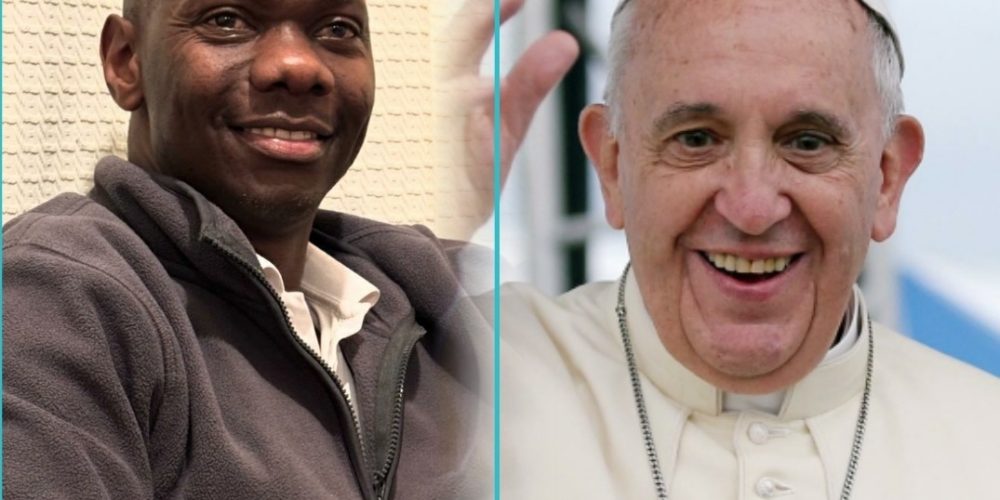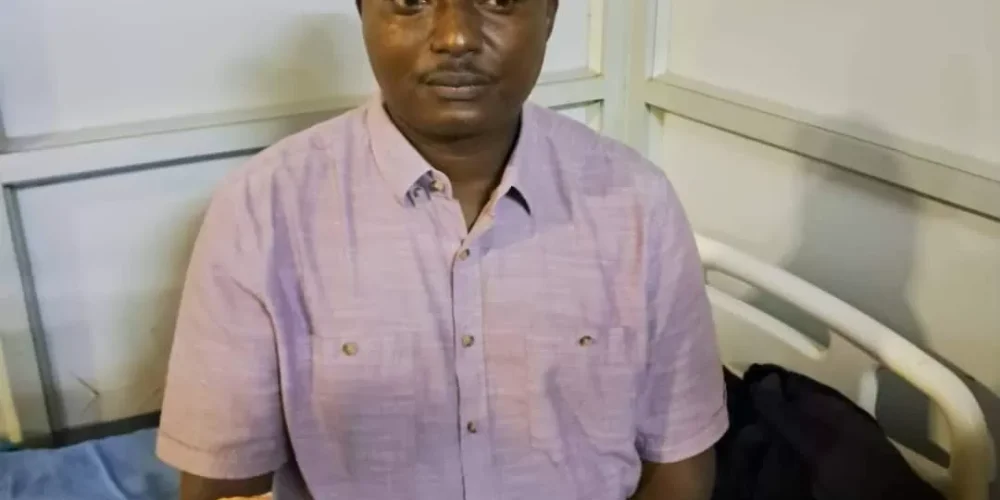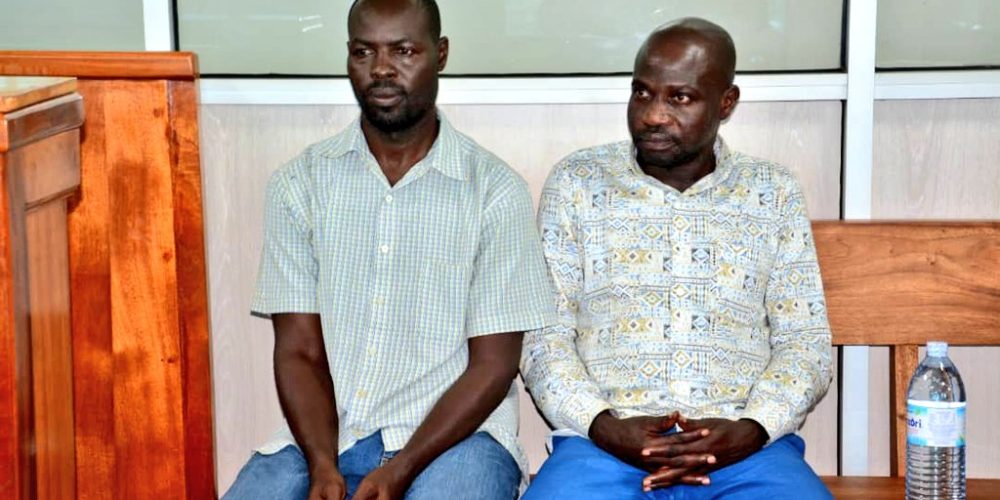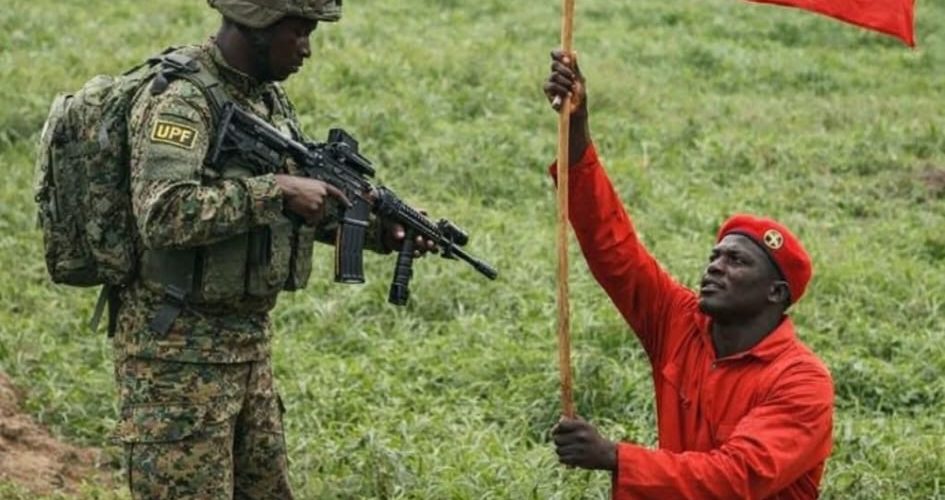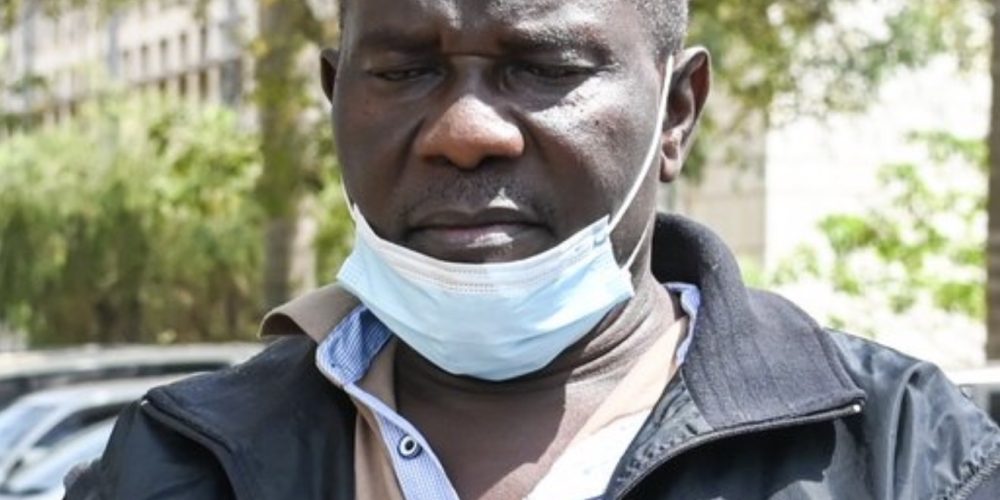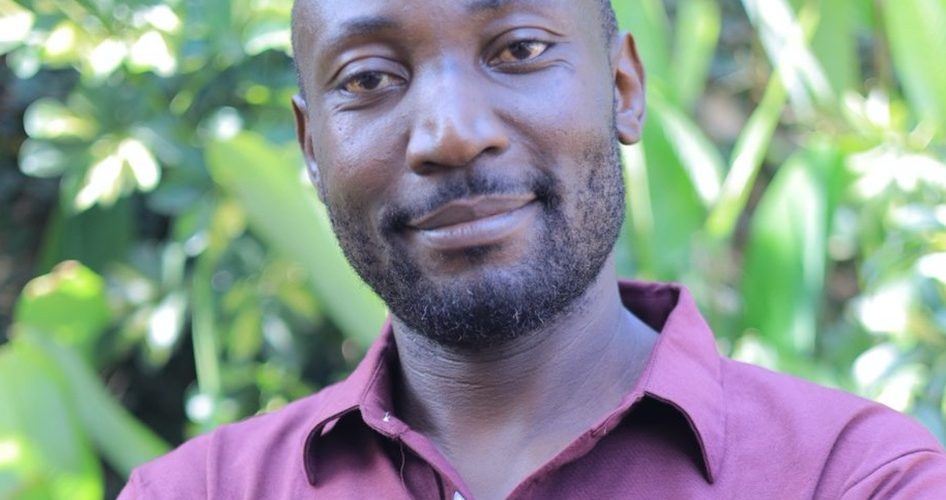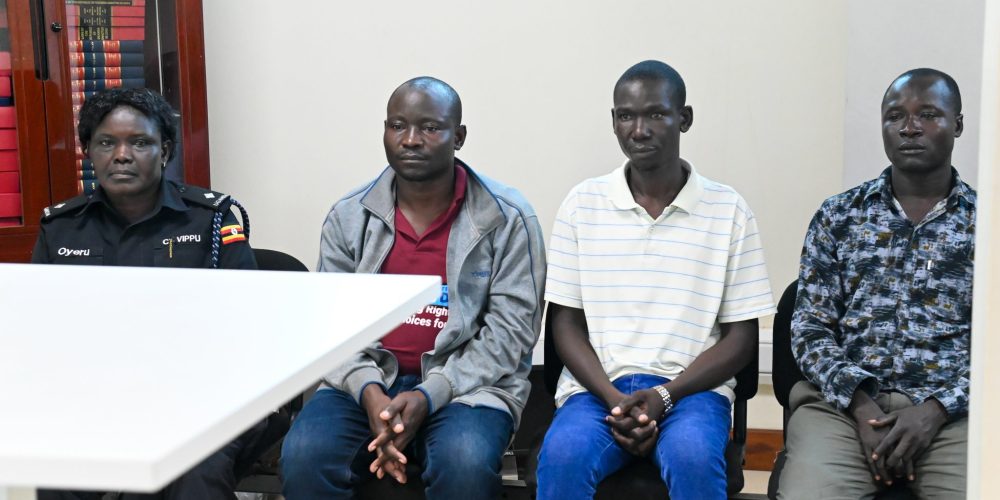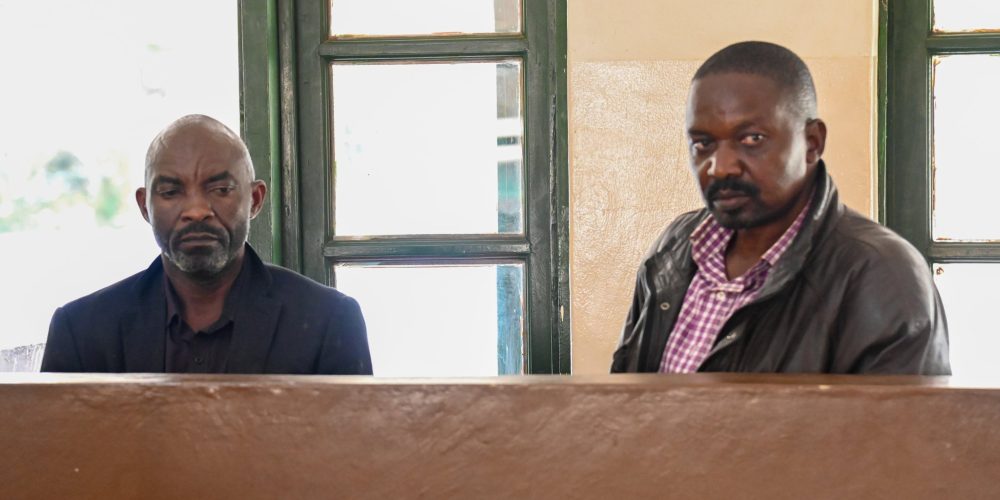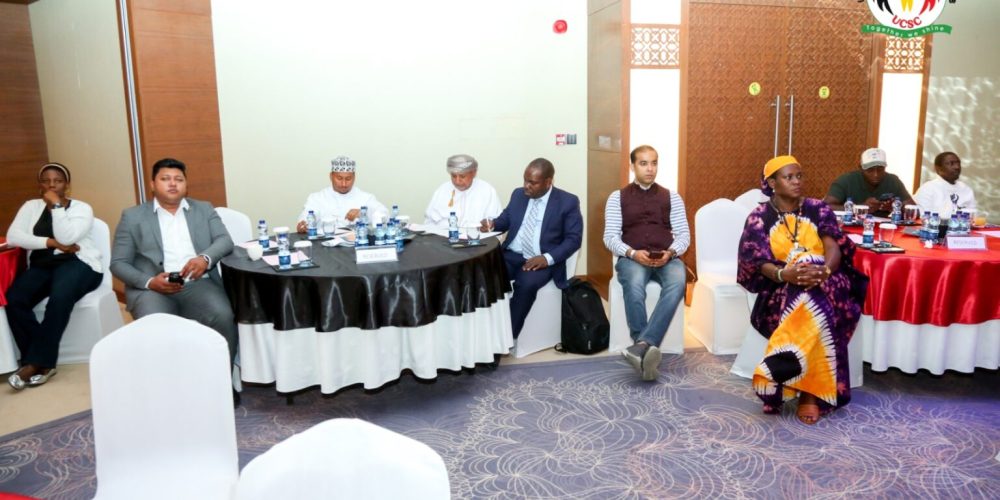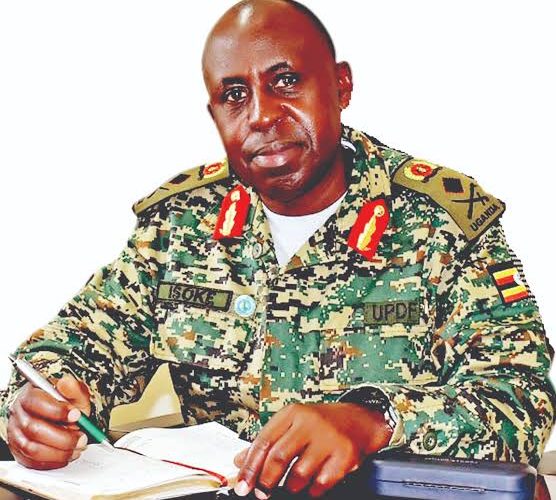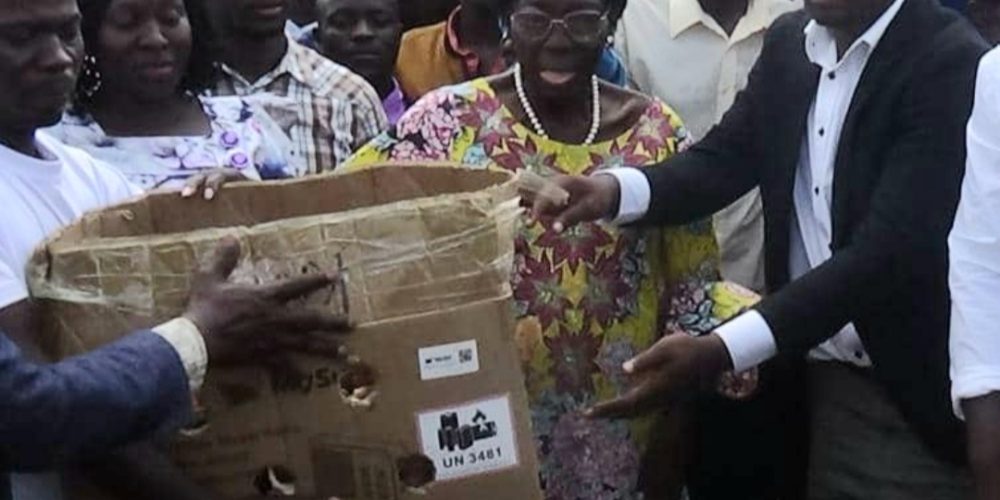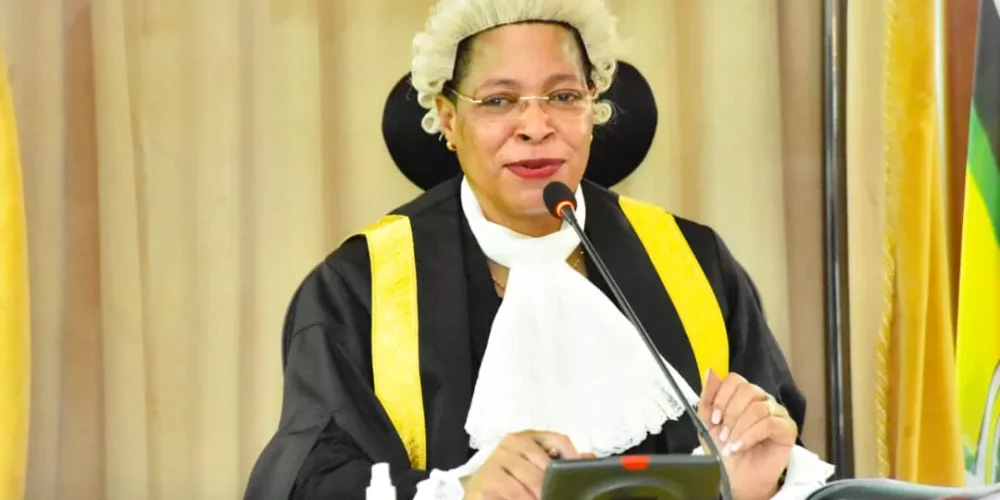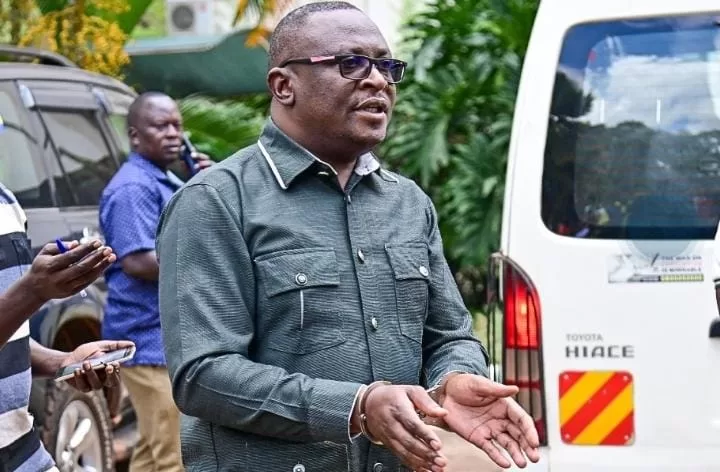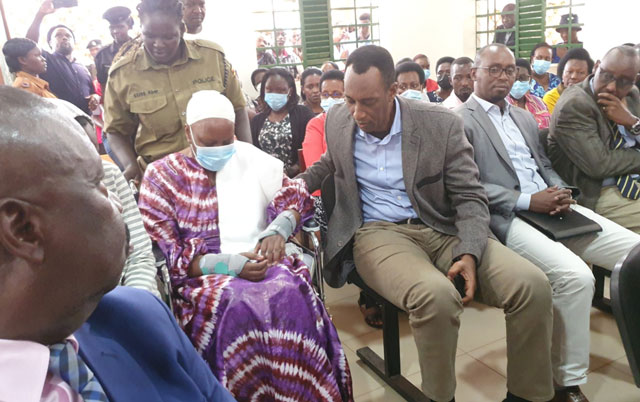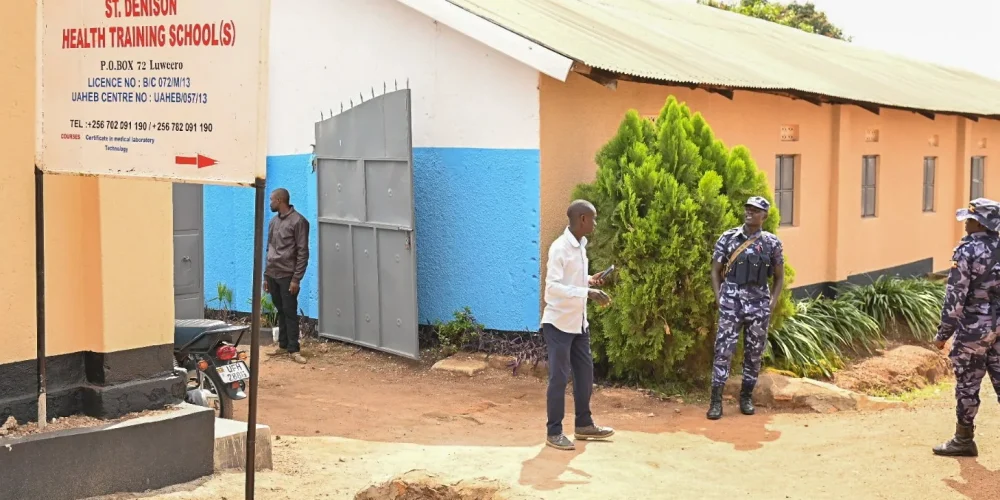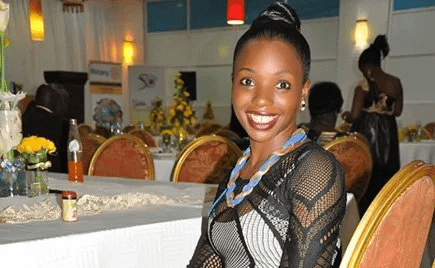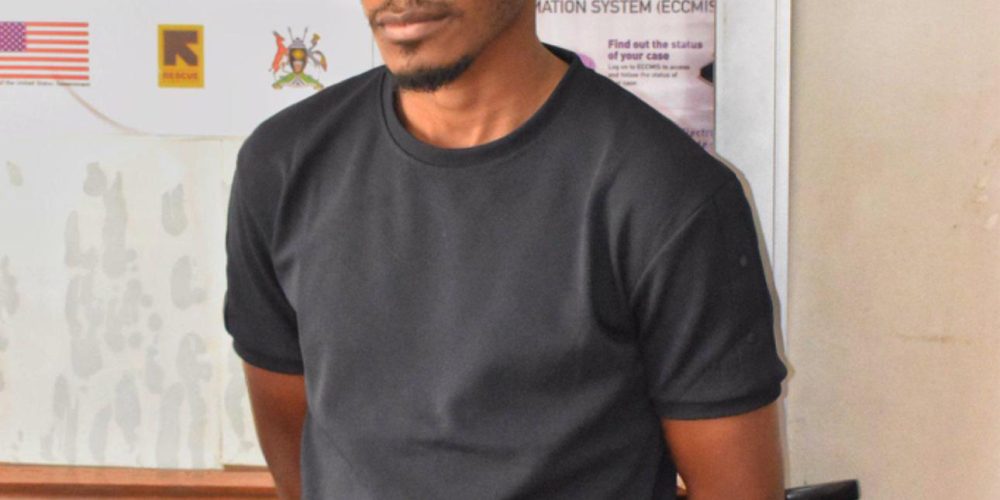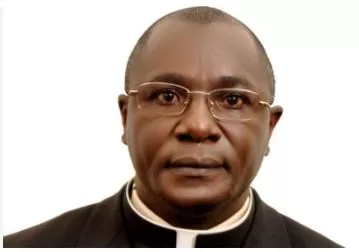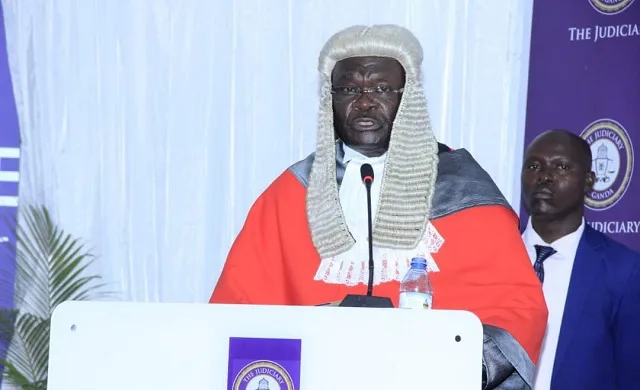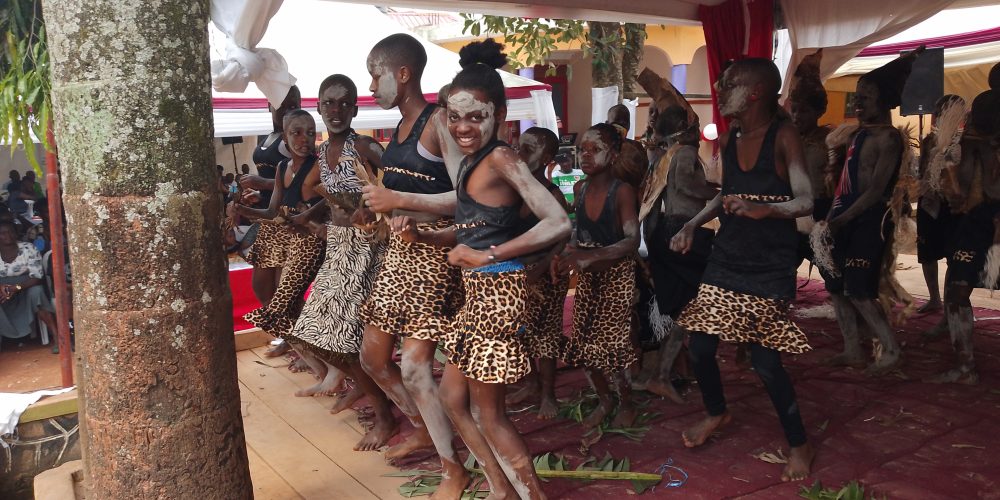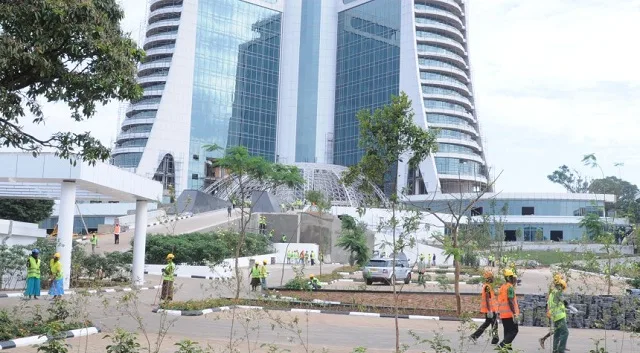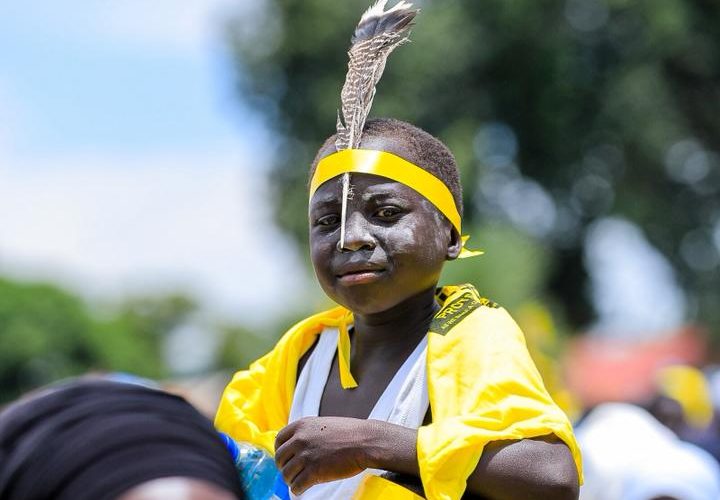Uganda’s Crackdown: Stars and Opposition Flee
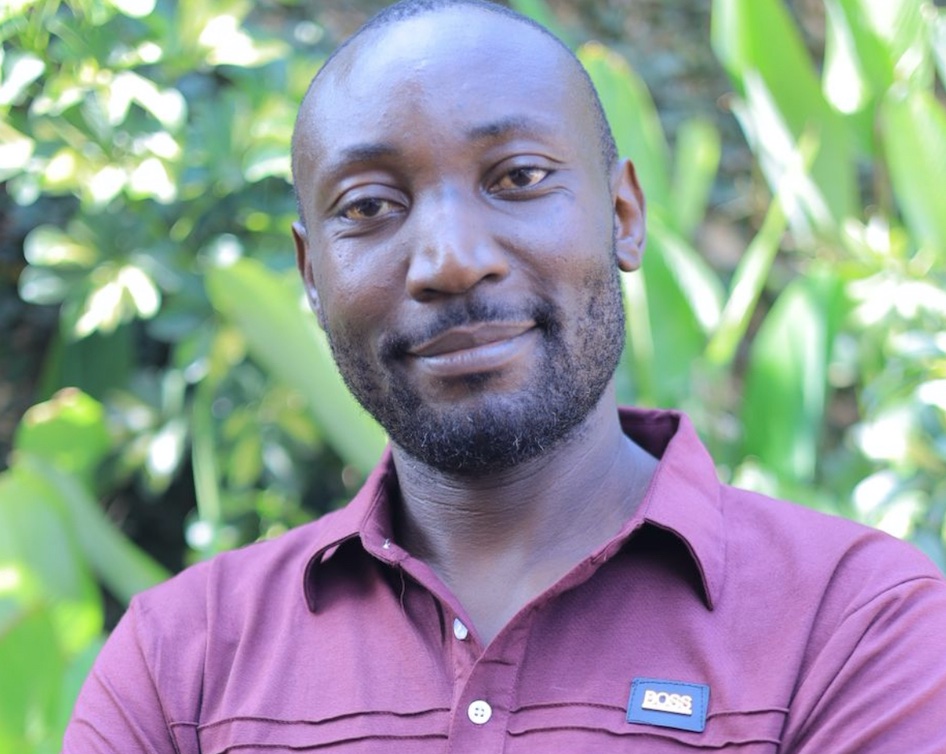
By RICHARD KIZZA LUGOBWA
LONDON – In recent years, Uganda has witnessed a growing exodus of high-profile personalities, opposition activists, artists, writers, and academics who are fleeing the country due to mounting political repression under President Yoweri Museveni’s long rule.
The accelerating exodus of Uganda’s public figures is largely a result of the increasing brutality of the police and military, extreme media censorship and suppression of freedom of expression, arbitrary arrests and targeted violence which have created a climate of fear, hence pushing creatives, outspoken journalists and elites into exile joining a growing diaspora yearning for safety and freedom.
Honorable Robert Kyagulanyi Ssentamu, president of the National Unity Platform party, the main opposition party has endured relentless harassment including banning his public performance. Kyagulanyi’s ordeal has befallen many more artists and celebrities who have publicly come out to show support to his cause.
The situation has escalated since the lead-up to the 2021 elections, with Museveni’s government cracking down ruthlessly on critics. Kakwenza Rukirabashaija, a Journalist, Lawyer and Novelist and Stella Nyanzi a human rights advocate and poet have faced the wrath of the regime due to their open criticism of corruption and authoritarianism.
In April 2020, Kakwenza was arrested and tortured after publishing his debut novel The Greedy Barbarian, which authorities interpreted as a veiled critique of the first family. His subsequent book, Banana Republic, further provoked ire from the regime. When he tweeted criticism of Muhoozi Kainerugaba, Museveni’s son, he was detained again in December 2021 and released with visible torture marks. He fled into exile in Germany by February 2022 Stella Nyanzi was imprisoned in 2017 for satirically insulting the president. Facing escalating threats, she fled to Kenya in early 2021 and has since been granted asylum in Germany.
Museveni’s son, General Muhoozi Kainerugaba, who also is the army commander continually inflames tensions further through his inflammatory posts of his X platform, where on different occasions has promised to behead Honorable Kyagulanyi, kill veteran opposition politician Kizza Besigye by hanging and allowing police and the army to shoot supporters of the opposition, especially those putting on the National Unity Platform Party red overall and beret.
During the Kawempe North constituency by-election early this year, journalists were battered by security operatives. Muhoozi commended the good work done by security and promised to arrest any security officer who desists from battering journalists, opposition politicians and their supporters. This has created a delicate climate for journalists leading to many of them fleeing the country.
The political environment has darkened further with the introduction of harsh laws, especially targeting LGBTQ+ communities and their allies. The Anti Homosexuality Act, passed in 2023, imposes life terms or even the death penalty for same sex relations and penalties for “promotion.” This has forced advocates to either hide or flee.
The new legislation has been intentionally used to silence dissenters by labeling them “promoters” of homosexuality. Nyombi Morris, for instance an environmental and LGBTQ+ activist threatened within Uganda, fled to Denmark in 2024 after facing retaliatory violence aimed at his family.
In May 2025, Muhoozi publicized abduction of Hon Kyagulanyi’s bodyguard Edward Sebuufu popularly known as Eddie Mutwe when he released gruesome pictures of his tortured body and threatened the opposition leader himself, an act condemned as deepening authoritarianism.
Prominent journalists, entertainers and outspoken bloggers have been targeted. Reform-minded radio and TV presenters and news reporters continue to flee the country. In May 2023 Tusuubira Ibrahim Lubega also known as Jajja Ichuli, a fearless blogger and music critic was shot dead by unknown assailants in Kampala. His dead brought a wave of shock within his circles and beyond, leading to the exodus of many into exile, joining the ranks of asylum seekers, broadcasting from abroad through platforms like YouTube, Tik Tok, Facebook and diaspora-run channels.
Individual stories illustrate a broader phenomenon: Uganda’s creatives, thinkers, and activists are abandoning hope and leaving and leaving the country in a landscape growing hostile and inhabitable to dissent.
Refugees and migrants recount a common refrain: “You either support Museveni, be quiet, or you flee.”
Many migrants cite the disappearance of civic space and persistent erosion of civil liberties as primary motivators. Taken together, this wave of reluctantly enforced emigration is stripping Uganda of a vital creative and intellectual class.
Writers fear censorship and torture; musicians face the end of their careers; academics, activists, and artists risk abduction or exile. Many have expressed a deep desire to return but under current conditions, a safe return remains out of reach.
The continued fleeing of the country’s intellectuals, artistic, and professional core elites risks the country into a “brain drain” crisis. It reflects deeper structural decay in Uganda’s political environment; without systemic reform, the country risks losing not just individuals but the critical, creative lifeblood essential to its future. Kakwenza Rukirabashaija a diaspora commentator warns that the future of Uganda may lie in foreign capitals, not Kampala.
Diaspora-based opposition is ramping up. Ugandans in the Europe, North America, Asia and all around the world are lobbying foreign governments to impose sanctions and travel restrictions against senior Ugandan officials, including Museveni and his son Muhoozi Kainerugaba.
Many diaspora Ugandans are amplifying their calls for international accountability through protests, conferences, and digital advocacy.
Countries like U.S. and U.K acting upon the diaspora call have imposed visa restrictions on Ugandan officials implicated in rights violations.
While their departure signifies a national crisis, exiled voices continue to uphold Ugandan culture and demand reform. Kyagulanyi leverages global platforms to raise awareness. Stella Nyanzi, Kakwenza and others publish and educate in Europe, and diaspora activists lobby foreign governments for pressure. Yet, their effectiveness hinges on sustained international attention and tangible policy pressure. Will global actors intervene decisively now, or watch as an entire generation of voices is silenced?
Before an answer is reached at, the departures continue painting a tragic backdrop for a generation of Ugandans whose talents and voices may strengthen foreign lands more than the country they once called home.
The writer is an advocate for democracy and justice through the arts, media and other platforms
Email: richardlk63@gmail.com
Tel: +447351353725











